SITREP Podcast OPS Center Episode 8: Ground Ops & Wrap Up
June 5, 2019 by stvitusdancern
Jim takes us on one final journey to the Falkland Islands to talk about the ground war and wrap up this series of the OPS Center. We hope you have enjoyed this series on the Falklands War. Be on the look out for future episodes as Jim guides you through another modern conflict.
Where should Jim take us next?

































![TerrainFest 2024! Build Terrain With OnTableTop & Win A £300 Prize [Extended!]](https://images.beastsofwar.com/2024/10/TerrainFEST-2024-Social-Media-Post-Square-225-127.jpg)
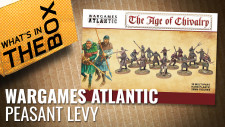

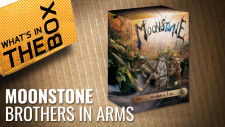
















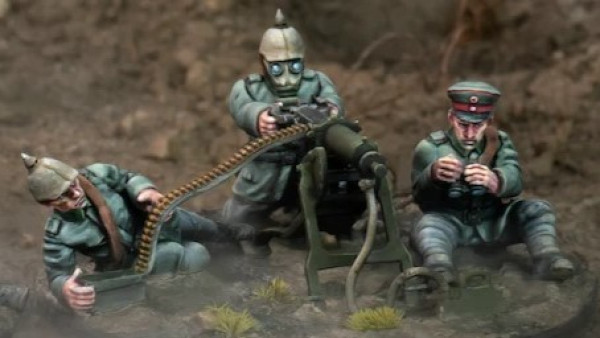


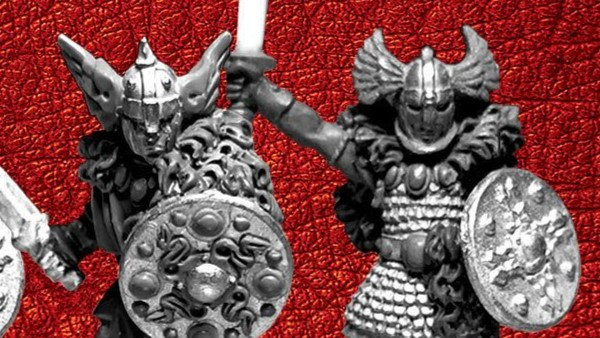
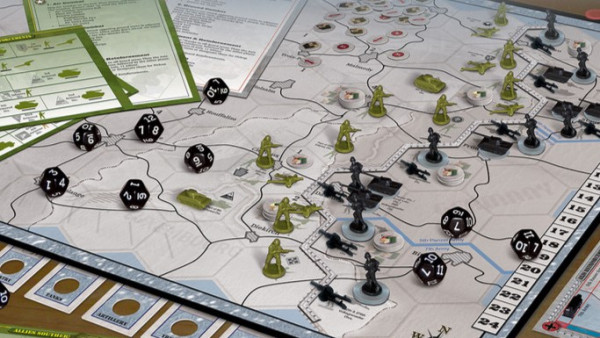













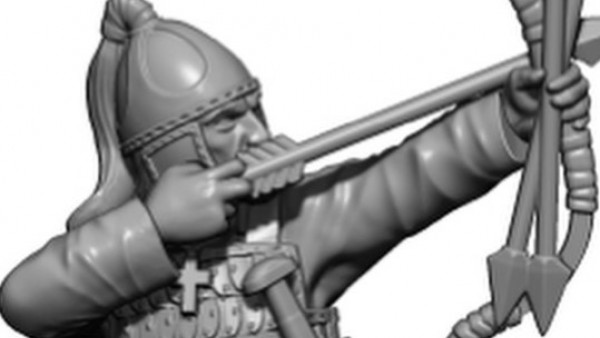
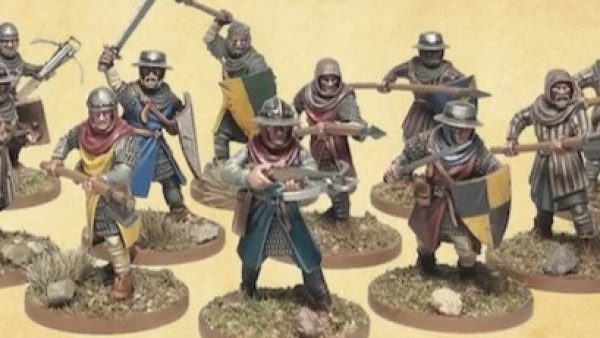



Another good one Jim
Thanks very much. 🙂
Excellent stuff Sir, certainly brought back memories. Look forward to the next.
Appreciate it, @gremlin – We’ll be on break for a short while, but later on in July please keep up with us on our Podbean and Youtube channels. 😀 😀 😀
Sitrep YouTube:
https://www.youtube.com/channel/UCrsewixu9dXUIMTQKJYPuEQ
Sitrep Podbean:
https://sitreppodcast.podbean.com/
nice one @oriskany the Atlantic conveyer choppers losses fair messed up the plans. have you considered trying attacks with the missing air support?
Thanks, @zorg – the helos lost aboard SS Atlantic Conveyor were mostly transport birds. Close air support in the Falklands was mostly a Harrier thing, as opposed to a helicopter gunship thing. So if you’re talking about removing the helos from the British transport capacity (at least for Thompson’s 3rd Commando Brigade), well the historical record already has that “baked in.” 😀 The “alternate history” might be to put those helos BACK IN to the mix. This wouldn’t make much difference in terms of firepower, but would allow first-wave assaults on high ground positions like Two Sisters, Mount Longdon, and… Read more »
Nice wrap up to the series! I love planes and boats, but its boots that win wars!
😀
Funnily enough, in the parallel Thread I found myself talking about the old-fashioned non-waterproof boots of the Elite British forces vs. modern waterproof boots the Argentinien conscripts wore.
… But seriously, if there is one thing that @Oriskany has taught us through his many articles over the years: regardless of if a war is fought on Land, Sea, Air, Cyberspace or Outerspace or in any combination thereof… at the end of the day, what wins wars is good logistics. ?
Serving in a military supply MOS (in a bygone prehistoric era, of course) probably contributes a shameless and unhealthy bias to my views on the matter. 😀
Nice one @oriskany – Enjoy the summer brake
Thanks, @rasmus – will do.
What a tremendous series. I learned a lot and the production quality is top notch. Thank you
Thanks so much for all the support, @stvitusdancern – and of course for the opportunity to present for Sitrep. 😀
Yes, absolutely. The Visual Presentation is excellent – with the photos, maps, graphics and text captions showing and illustrating perfectly what Jim is explaining on the audio.
Thanks very much @aztecjaguar ! 😀 Comments like that are what make it worth all the work.
Thanks Jim, brings it all back. Is there any truth in the rumour that “ident. friend or foe” recognised incoming missiles as British. Thanks again.
@goban – Are we talking when the Exocets were heading for HMS Sheffield? If so, man … there are a ton a factors in that one. Notice in the video I didn’t even try to get into that. This report was suppressed for decades, not only to cover up embarrassment for the Royal Navy, but also because the UK was trying to sell off other Type 42 destroyers at the time. Now released, the report lists: Marked “Secret – UK Eyes Bravo”, the full, uncensored report shows: Some members of the crew were “bored and a little frustrated by inactivity”… Read more »
The de-classified report on the HMS Sheffield is all new information to me – I had no idea it was a series of totally banal and avoidable human errors – all just happening at once and at the worst possible time.
To think that the ship named after my home town was hit and ultimately sunk due to a few key crew members being either bored, on a coffee break, on the toilet or just staring in disbelief at the approaching aircraft and/or missile… it is just so tragic – especially given the loss of life on the ship.
Indeed, @aztecjaguar – the ship herself was fine. Okay, the aluminum and plastic used in the construction of her superstructure wasn’t the best, but very normal for the time. The path that leads to this seemingly bizarre choice is sadly logical: Anti-ship missiles basically never miss, and pack enough firepower to blow almost any ship half out of the water. Ergo, the idea of “armor” on warships in the mid 1970s seemed pretty pointless. So ships were built without armor. This made them faster, cheaper, more fuel efficient, and allowed more weight and space to be reserved for what really… Read more »